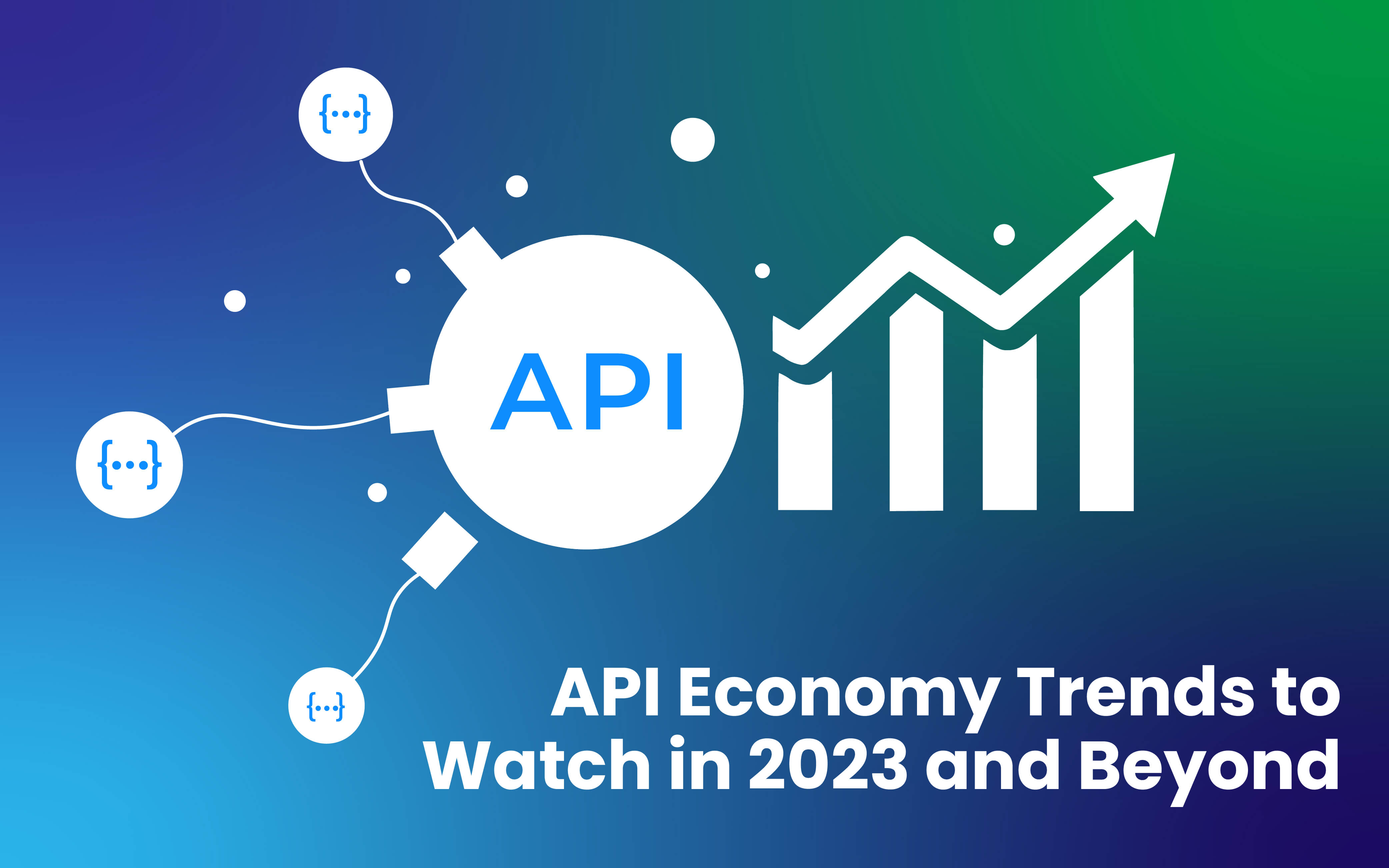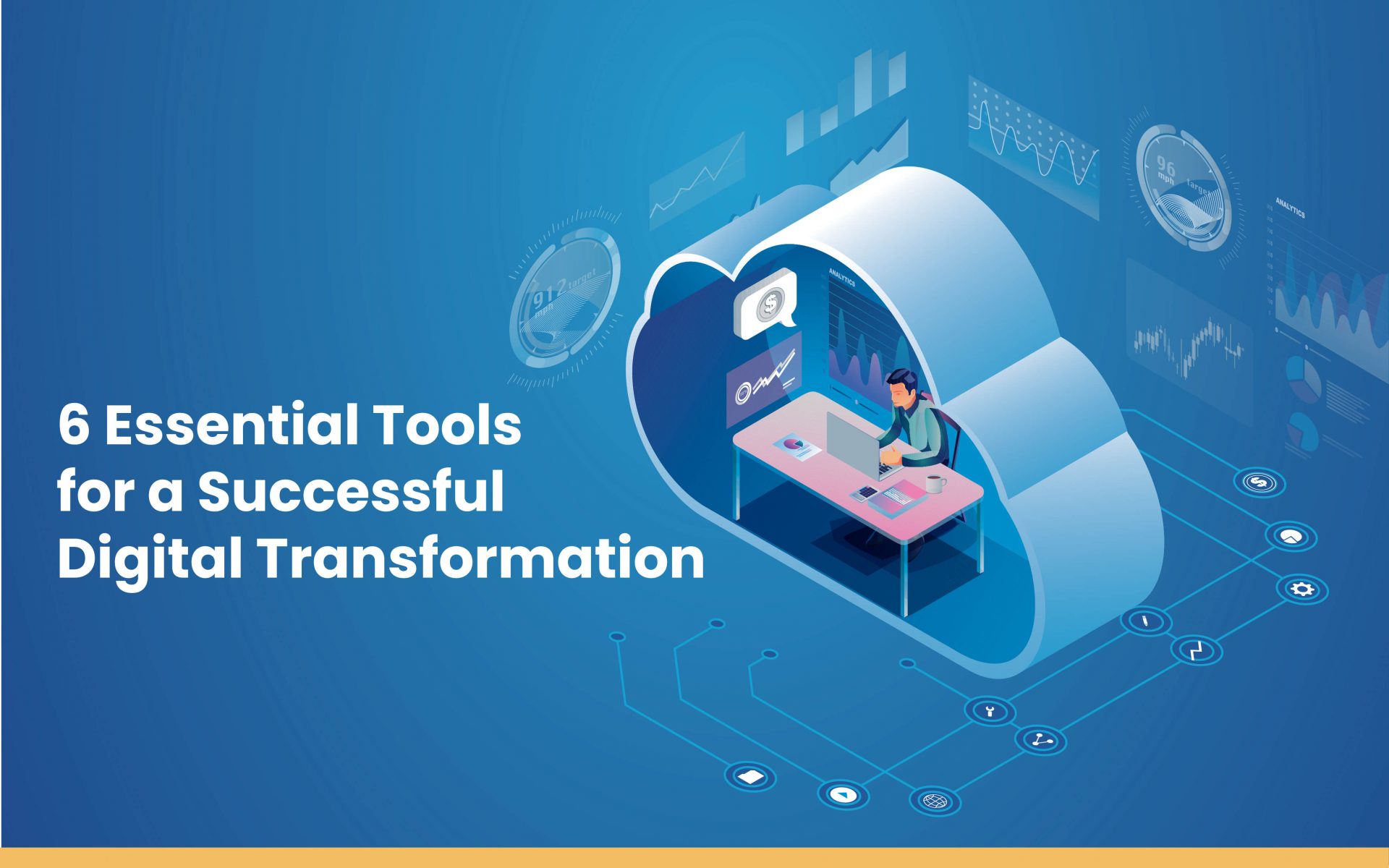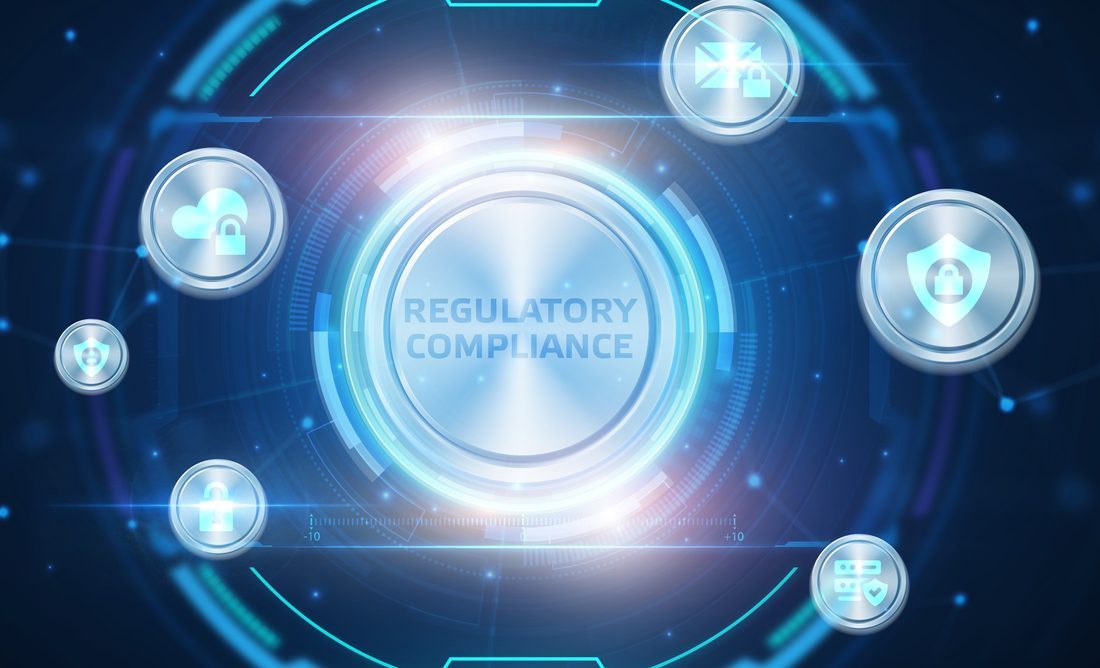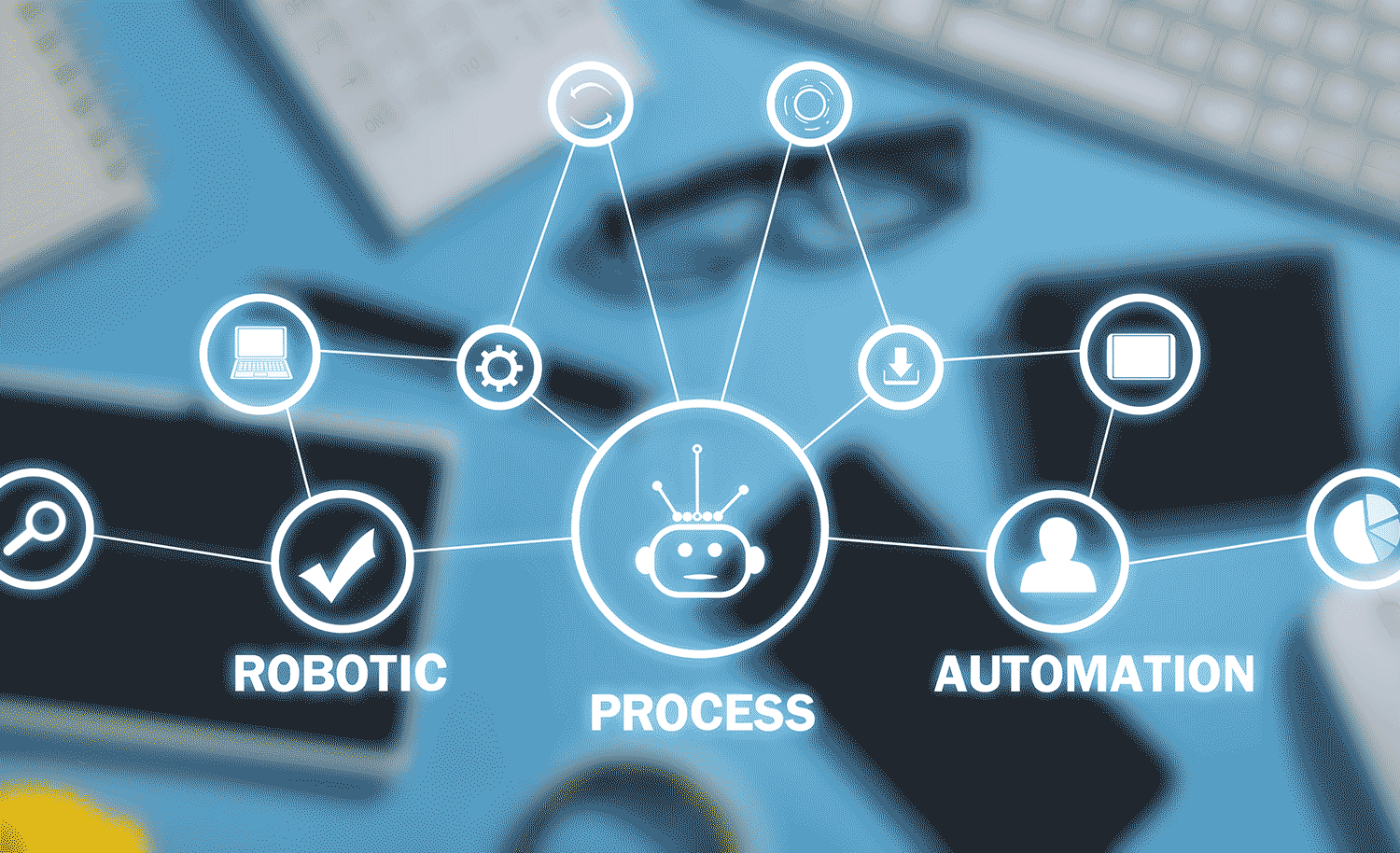Blogs
To know about all things Digitisation and Innovation read our blogs here.
API
API Economy Trends to Watch in 2023 and Beyond
SID Global Solutions
24 April 2023

Introduction
The Application Programming Interface (API) economy has been growing rapidly over the past decade. APIs have become the building blocks of modern digital ecosystems, enabling businesses to connect with their customers, partners, and other stakeholders through digital channels. APIs allow businesses to expose their data and services to external developers, who can then use them to create new applications, products, and services. In this article, we will explore the top API economy trends to watch in 2023 and beyond.
Also Read: Why Agile Isn’t Enough: Exploring Modern Software Development Methodologies
Increased Adoption of API-First Business Models
API-first business models involve building applications and services that are designed from the ground up with APIs as the primary interface. This approach is gaining popularity among businesses as it enables them to create scalable, modular, and flexible architectures that can adapt to changing market conditions. API-first businesses can quickly create new products and services by leveraging their existing APIs, which can be reused and combined in different ways to create innovative solutions. In 2023 and beyond, we can expect to see more businesses adopt API-first business models to stay competitive in a rapidly evolving digital landscape.
The Emergence of Hyperautomation
Hyperautomation is a process of automating complex business processes by combining multiple technologies, such as robotic process automation (RPA), artificial intelligence (AI), and APIs. Hyperautomation enables businesses to automate repetitive tasks and streamline workflows, resulting in increased efficiency, cost savings, and improved customer experiences. APIs play a critical role in hyperautomation by enabling businesses to integrate different systems and automate data exchange between them. In 2023 and beyond, we can expect to see more businesses adopt hyperautomation to drive digital transformation and gain a competitive edge.
The Rise of Low-Code Development Platforms
Low-code development platforms enable businesses to build applications and services without writing code manually. These platforms use visual interfaces and pre-built components to accelerate the development process, reducing the time-to-market and the cost of development. APIs are a critical component of low-code development platforms as they enable businesses to integrate with external systems and services. In 2023 and beyond, we can expect to see more businesses adopt low-code development platforms to accelerate digital transformation and innovation.
Increased Focus on API Security
As the use of APIs becomes more widespread, the importance of API security is also increasing. APIs can be a potential entry point for cyber attacks, and businesses need to ensure that their APIs are secure and protected from unauthorized access. In 2023 and beyond, we can expect to see increased focus on API security, with businesses adopting best practices such as API authentication, authorization, and encryption to protect their APIs.
Also Read: Platform Engineering: The Key to Building Long-Lasting Software Solutions
The Growing Role of APIs in IoT
The Internet of Things (IoT) is a network of connected devices that communicate with each other and with the cloud. APIs play a critical role in IoT by enabling devices to communicate with each other and with external systems and services. In 2023 and beyond, we can expect to see the growing role of APIs in IoT, with more businesses leveraging APIs to enable device communication and data exchange.
The Emergence of API Marketplaces
API marketplaces are online platforms that enable businesses to discover, purchase, and integrate APIs from different providers. API marketplaces offer businesses a wide range of APIs to choose from, enabling them to find the best fit for their specific needs. In 2023 and beyond, we can expect to see the emergence of more API marketplaces, providing businesses with more options to choose from and enabling API providers to reach a wider audience.
The Importance of API Governance
API governance refers to the process of managing APIs throughout their lifecycle, from creation to retirement. API governance includes defining policies and procedures for API creation, management, and use, ensuring compliance with regulations and standards, and monitoring and measuring API performance. In 202 3 and beyond, we can expect to see increased importance placed on API governance as more businesses adopt APIs and as regulatory requirements become more stringent.
The Use of APIs in Digital Health
The use of APIs in digital health is growing rapidly, enabling healthcare providers to improve patient outcomes and reduce costs. APIs are used to enable the integration of electronic health records (EHRs), telemedicine, and other digital health technologies, providing healthcare providers with access to real-time patient data and improving the quality of care. In 2023 and beyond, we can expect to see the increased use of APIs in digital health as more healthcare providers adopt digital health technologies.
The Role of APIs in Open Banking
Open banking is a concept that enables customers to share their financial data securely with third-party providers. APIs play a critical role in open banking by enabling banks to share customer data with authorized third-party providers, such as fintech companies and other financial institutions. In 2023 and beyond, we can expect to see the continued growth of open banking and the increasing role of APIs in enabling secure and efficient data sharing.
Also Read: How Monitoring-as-Code Improves DevOps Collaboration and Communication?
The Integration of APIs with Blockchain
Blockchain is a decentralized ledger that enables secure and transparent transactions without the need for intermediaries. APIs can be used to integrate blockchain with other systems and services, enabling businesses to leverage the benefits of blockchain while still using their existing infrastructure. In 2023 and beyond, we can expect to see the integration of APIs with blockchain to create innovative solutions in industries such as finance, supply chain management, and healthcare.
Conclusion
The API economy is evolving rapidly, and businesses need to stay up-to-date with the latest trends and technologies to stay competitive. In 2023 and beyond, we can expect to see increased adoption of API-first business models, the emergence of hyperautomation, the rise of low-code development platforms, increased focus on API security, the growing role of APIs in IoT, the emergence of API marketplaces, increased importance placed on API governance, the use of APIs in digital health, the role of APIs in open banking, and the integration of APIs with blockchain. By staying ahead of these trends and leveraging APIs to their fullest potential, businesses can drive innovation, improve customer experiences, and gain a competitive edge in a rapidly evolving digital landscape.









